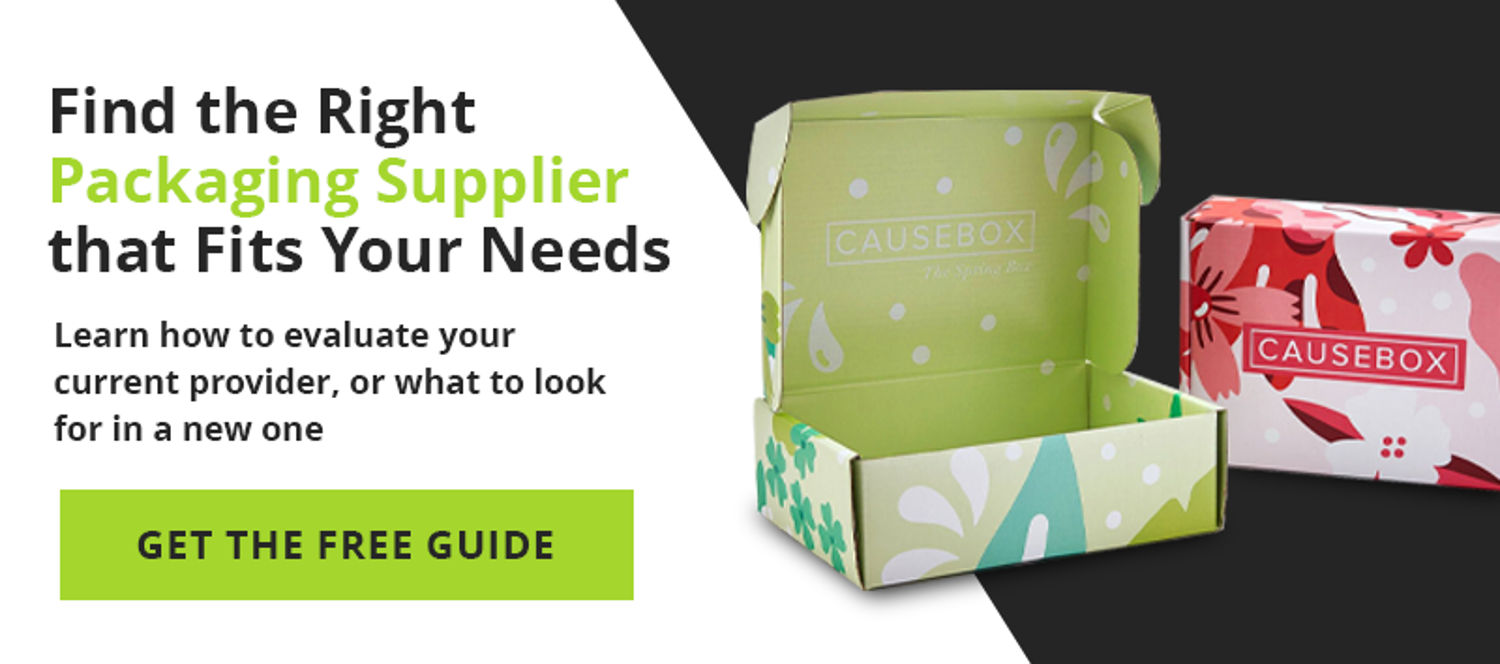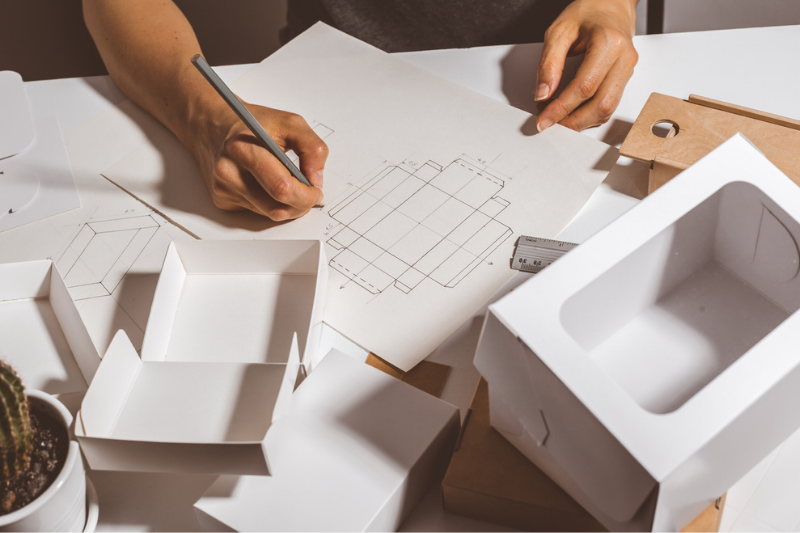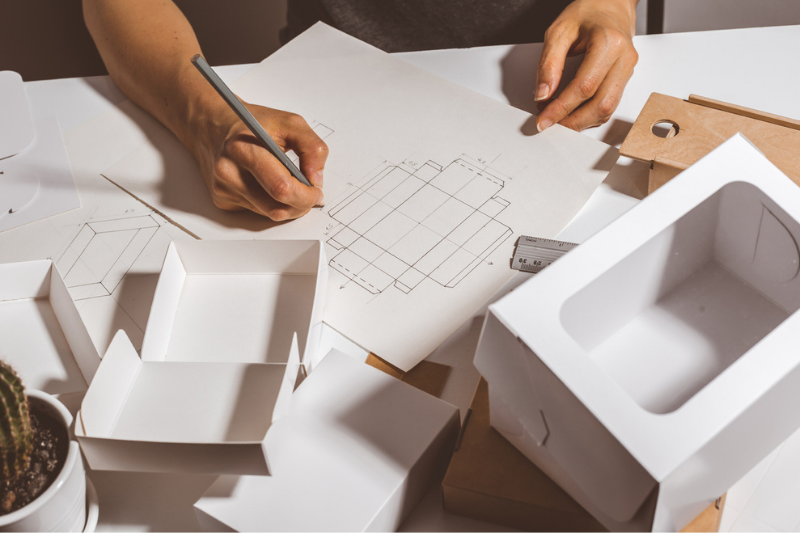How to Develop Appealing Product Packaging Designs
Strategies for Developing Appealing Product Packaging Designs
Every company wants its product’s packaging to stand out on the shelf.
This is not as easy as people might think. There is always a productive tension between creativity, industry standards, size restrictions, cost, and feasibility – all of which will factor into the best approach for your product. When organizations work with the top printing companies that offer product packaging design, they automatically position themselves to bridge these gaps and dominate their competition.
So how do you get an edge on your competitors?
Here is a look at strategies any business can use to improve their packaging designs or create brand new ones:

Get Out There and Look at the Competition
Online research is a good starting point, but there is no substitute for exploring retail venues that carry your product as well as the competition. Approach your product in the store as if you’ve never seen it before. Take note of what catches your eye and why. Write down what design elements are obviously working, and what you think could be improved.
Develop a Partnership with a Trusted Products Packaging Designs Company
You’ll want to bring a trusted printer or packaging designer on board as early in the process as possible. This person will offer advice on structure, graphics, and design, and help you work through the details of the product’s manufacturing. This will save time and effort during design phase while improving the quality of your packaging.

Consult with a Structural Engineer
If you want to create a disruptive design or sell products that are best presented in a non-standard fashion, consulting with a structural engineer can be invaluable. They will evaluate your packaging designs and suggest changes that improve shelf appeal and potentially cut costs at the same time.
Ask for Product Packaging Concept Sketches and Samples
A great way to get a feel for whether a printing partner has a true understanding of your goals is by asking them to provide you with concept sketches, and, once you’re further along in the process, physical design samples.
Requesting several different initial sketches allows you to select your favorite elements and combine them into finished product packaging designs that will deliver improved retail performance.

Balance Innovation and Practicality
One of the major decisions you’ll make during the process of creating or improving your packaging design is where to fall on the spectrum of innovation and practicality.
Your foremost concern is protecting your product, closely followed by enhancing sales performance. Designers and engineers can help you push the envelope with new, innovative designs, but you’ll always want to balance this against the practical concerns of packaging costs and consumer expectations.
Consider Resemblance vs. Differentiation
Another creative decision you’ll confront is whether to emulate market leaders in terms of their product presentation, or go a different route and differentiate your product.
Your decision will be influenced by the nature of the product and your customer demographics. If you’re looking to sell a generic product and are competing only on price, emulation is a valid strategy. If you’re looking to disrupt the market, you may want to spend time coming up with a unique packaging design that differentiates your product from its competitors.
Decide How Tactile Your Packaging Should Be
Packaging can either play up the presentation and perception of your product, or it can provide visual access to the product inside.
High-end cosmetics are completely boxed inside packaging that’s designed to convey the company’s branding to shoppers. Sports products like baseballs and basketballs, on the other hand, are often packaged in a way that allows the prospective customer to actually touch and feel the item.
Explore New Packaging Technologies
Packaging technology has entered a new phase of innovation. While most manufacturers and retailers have a basic familiarity with the suite of packaging choices, new options are emerging that can help your brand stand out on the shelf.
An example of this is video boxes, which feature a small video screen inside that displays a message when opened by a potential customer. Think of them as an evolution of ‘record your own message’ greeting cards.
Video box packaging is primarily geared towards luxury goods markets, but the declining cost of this technology ensures its entry into mainstream consumer markets in the future. If your product could be better marketed through the use of cutting-edge package technology, there has never been a better time to implement it—but you’ll have to select designers, engineers, and manufacturers who keep tabs on the latest trends.
No two industries or products are alike, but when it comes to developing the perfect packaging for any product, a few ground rules will always apply. A great place to start is by evaluating what is already out there and available – particularly the choices made by market leaders in your industry. Take these insights to a trusted printing and packaging partner, and work with them to develop a strategy that caters to the strengths of your product and appeals to your core demographics, and you’ll be on track for success.


